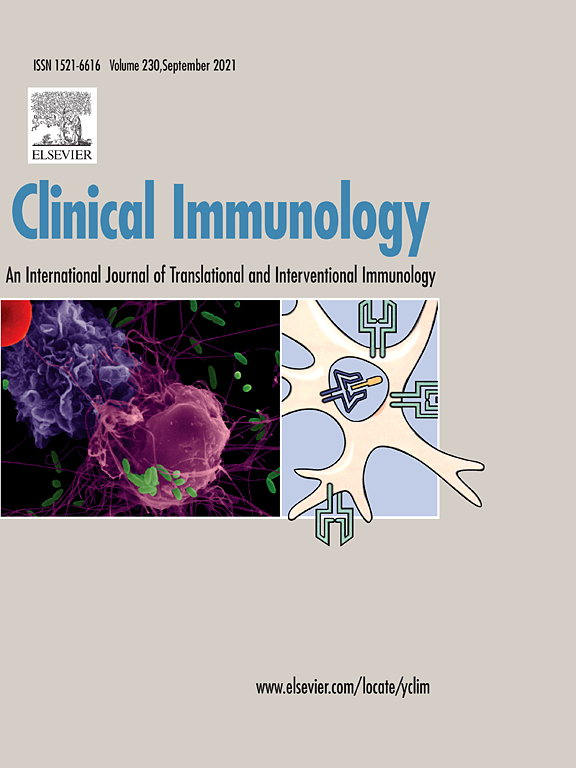Guillain-Barr´e syndrome is infrequent among recipients of the BNT162b2 mRNA COVID-19 vaccine
Dr. Miguel García-Grimshaw a,1, Dra. Anaclara Michel-Chávez a, Juan Mauricio Vera-Zertuche b, Javier Andrés Galnares-Olalde c, Laura E. Hernández-Vanegas c, Melissa Figueroa-Cucurachi d, Orlando Paredes-Ceballos d, Gustavo Reyes-Terán e, Guillermo Carbajal-Sandoval e, Santa Elizabeth Ceballos-Liceaga e, Antonio Arauz c, Sergio Iván Valdés-Ferrer a,f,g,*.
a Department of Neurology and Psychiatry, Instituto Nacional de Ciencias Médicas y Nutrición Salvador Zubirán, México City, México
b Department of Endocrinology, Instituto Nacional de Ciencias Médicas y Nutrición Salvador Zubirán, México City, México
c Department of Neurology, Instituto Nacional de Neurología y Neurocirugía Manuel Velasco Suárez, México City, México
d Hospital Faro del Mayab, Merida, Yucatán, México
e Secretaría de Salud, Gobierno de México, México
f Department of Infectious Diseases, Instituto Nacional de Ciencias Médicas y Nutrición Salvador Zubirán, México City, México
g Feinstein Institutes for Medical Research, Manhasset, NY, USA
Originally published / august 04, 2021 / https://doi.org/10.1016/j.clim.2021.108818
Abstract
Vaccines are the most effective strategy to mitigate the global impact of COVID-19. However, vaccine hesitancy is common, particularly among minorities. Guillain-Barr´e syndrome (GBS) is the most common autoimmune illness of the peripheral nervous system, occurring at an incidence of 1.1/100,000 worldwide. A causal link between mRNA vaccines and GBS has not been previously evaluated. We analyzed a cohort of 3,890,250 Hispanic/ Latinx recipients of the BNT162b2 mRNA vaccine (613,780 of whom had already received both doses) for incident GBS occurring within 30 days from vaccine administration. Seven cases of GBS were detected among first-dose recipients, for an observed incidence of 0.18/100,000 administered doses during the prespecified timeframe of 30 days. No cases were reported after second-dose administration. Our data suggest that, among recipients of the BNT162b2 mRNA vaccine, GBS may occur at the expected community-based rate; however, this should be taken with caution as the current incidence of GBS among the unvaccinated population against COVID- 19 is still undetermined. We hope that this preliminary data will increase the public perception of safety toward mRNA-based vaccines and reduce vaccine hesitancy.
Introducción
Within months after the first case of SARS-CoV-2 infection was detected, two mRNA vaccines, BNT162b2 (Pfizer-BioNTech) [1] and mRNA-1273 (Moderna) [2] have demonstrated to reduce COVID-19 incidence and severity effectively [3]. Despite the magnitude of the pandemic or the availability of effective vaccines, hesitancy toward vaccines is not uncommon, particularly, but not exclusively among minorities [4–6]. Hypothetically, vaccines may lead to the loss of selftolerance and autoimmune disease and cause neural tissue damage, although, with current vaccines, the association is neither supported by empirical nor epidemiological.
Discussion
In this large (~3.9 million) and diverse cohort reflective of a population-wide immunization program, we observed that the BNT162b2 mRNA COVID-19 vaccine did might increase the risk of GBS when compared to the expected community-based incidence in Mexico [13]; however, this should be taken with caution as the current incidences of GBS among the unvaccinated population against COVID-19 are currently unknown. Also, a reduction of other infections due to public health mitigation strategies may have reduced the observed incidence in the non-immunized population.




